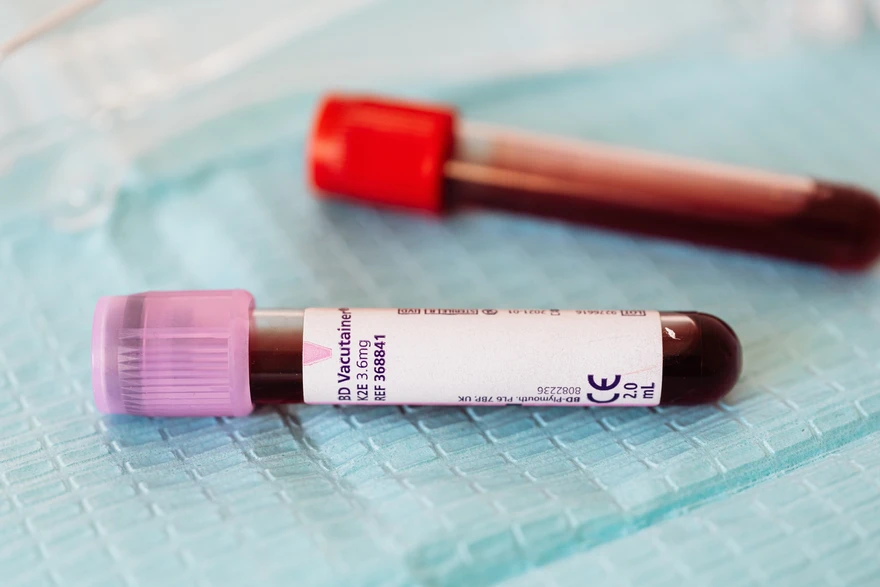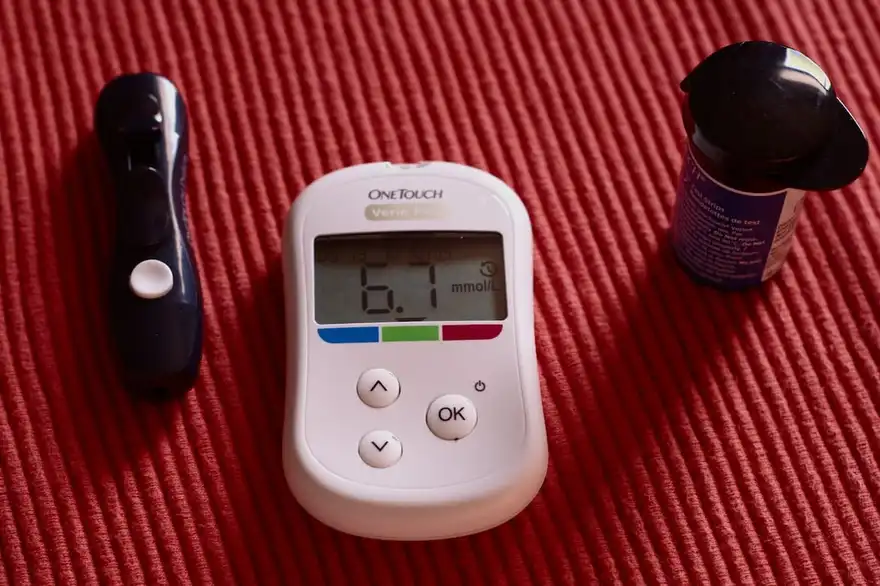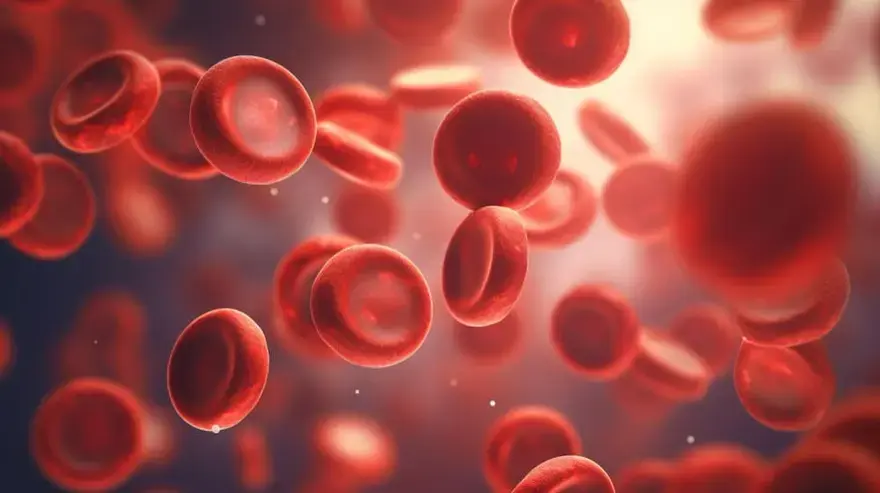Preventive Healthcare
Muscle Pain: Relief, Treatment, Reasons and Symptoms
2451 Views
0

Muscle pain leads to the onset of trauma for short durations or long periods, depending on underlying complications. Also known as myalgia, this condition could lead to severe inflammation, overall discomfort, and bone weakness if left untreated.
Muscle pain: Overview
Muscle trauma can happen across all ages, irrespective of gender. While lifestyle is among the leading causes, it's most common among people new to sudden strenuous activities. Besides, muscle pain after workouts could indicate soreness, leading to stronger muscles.
The same doesn't happen in individuals with autoimmune conditions like myasthenia gravis. While muscle pain relief is natural, and the soreness disappears within a few days, you should never compensate by using frequent OTC analgesics.
What are the underlying reasons responsible for muscle pain?
Muscle pain sets in after your body has experienced intense labour without sufficient recovery time. It's more than just the accumulation of lactic acid, as the muscle fibres are exhausted from vigorous contraction and extension. Besides, clinical issues leading to rapid tetany and abnormal muscle behaviour also lead to involuntary myalgia. Here are some potential reasons:
- Blunt trauma (slash, sports, collision, fall)
- Side effects of intense exercises recently (prevalent in people new to workouts)
- Drug intolerance leading to myalgia (anti-cancerous, statins, blood pressure medications)
- Pathogenic infection of muscles (pyomyositis)
- Autoimmune and genetic disorders (amyotrophic lateral sclerosis, muscular dystrophy, myasthenia gravis, muscular atrophy)
- Recovering from mechanical injuries (sprain, fracture, dislocation)
What are the frequent symptoms of muscle pain?
Myalgia symptoms are acute and readily detected thanks to its core site of trauma. If you have recurrent muscle pain, consult a doctor to get diagnosed for underlying complications when experiencing one or more of the mentioned symptoms. It includes:
- Uncontrolled spasms in core muscles
- A tender muscle feeling when tapped or touched
- Frequent muscle cramps
- Painful locomotion
- Shaking (happens from prolonged cold exposure)
How to diagnose muscle pain?
Muscle pain can be easily diagnosed since you can observe most of the symptoms personally. It can be resolved through prompt consultation with a doctor. Never ignore unexplained muscle fatigue or attempt OTC medications. Learn more about the various diagnostic techniques:
- Your physician begins with a manual examination to study the underlying inflammation and tenderness.
- For further evaluation, diagnostic tests are advised (erythrocyte sedimentation rate, creatine phosphokinase, aldolase, c-reactive protein)
- Electromyography (EMG) test helps detect underlying anomalies in muscles and nerves.
- CT, MRI, and X-ray help detect underlying complications otherwise off-limits to a manual examination.
What are the prevalent muscle pain treatment methods?
Muscle pain treatment depends on the prognosis of the underlying condition. Consult your physician as per the diagnosis to evaluate the extent of muscle inflammation and the potential cure for relieving the symptoms. Here's how myalgia symptoms get treated:
- Heat and ice therapy to reduce inflammation (applicable for all core muscle injuries).
- Sufficient rest allows the natural healing of sore muscles.
- Occupational therapy, like physiotherapy, helps gradually heal severe muscular injuries when recuperating from surgical or mechanical traumas.
- Performing yoga helps relieve stress and relieves soreness, a primary concern for individuals battling muscle pain.
- Prescribed or OTC medications, including anti-inflammatories and analgesics, provides marked relief from underlying muscular trauma.
How to manage muscle pain relief?
Muscle pain relief requires a combination of a preventive lifestyle and regular clinical consultation to prevent future onsets. It depends on the underlying complications for individuals with severe discomfort from autoimmune and autosomal conditions. However, myalgia is manageable, meaning individuals with personal or therapeutic support get better over a few weeks. Here's more about the preventive measures:
- Reduce excess weight if obese since extra body fat wrecks joints.
- Consume anti-inflammatory edibles (berries, salmons, almonds) as they enhance natural healing to contain muscle pain.
- Follow a preventive routine that allows your affected muscles to heal and attract no further trauma.
- Abstain from alcoholism and smoking as it worsens inflammation and delays healing.
- Individuals with a family history of autosomal myalgia may get an early screening to evaluate risk factors.
- Get treated for contributing conditions like anxiety, stress, and mechanical ailments worsening muscle pain.
Who is prone to develop frequent muscle pain?
The frequency of developing muscle pain is the highest in the reproductive and post-reproductive populations. People are most prone to experience myalgia from poor lifestyles, inadequate dietary proportions, and lack of work-life balance.
Besides, individuals associated with active occupations are also prone to contract mechanical injuries frequently. Consult your physician for preventive measures if you are prone to frequent muscle pain. Here's more about the potential occupants:
- Sports personalities
- Labours (skilled and unskilled)
- People with active obesity (especially those with desk jobs)
- Women experiencing menopause
- The elderly with existing skeletal issues
- Malnourished people
- Individuals with a family history of degenerative disorders
- People unvaccinated against poliomyelitis
Remember, a muscle ache could be an underlying tetanus infection if not vaccinated after potential injury. In such cases, the toxin may lead to fatal outcomes.
Conclusion
Muscle pain is a curable condition. Clinical experts suggest patients seek clinical support at the earliest for recurring symptoms. Remember, muscles form an indispensable part of your body. If you neglect underlying complications, it could lead to irreparable paralysis without prompt medical support.
Chronic muscle pain symptoms require diagnostic tests for an accurate prognosis. Do you seek a home-based testing facility? Metropolis Labs provide state-of-the-art sample collection through technicians from your doorstep. Besides, they are known for impeccable diagnostic accuracy. For the latest information about the ASKA Skeletal (Striated) Muscles Antibody Serum test, visit their website today.
 Home Visit
Home Visit Upload
Upload












1715579024.webp)

1701259759.webp)









 WhatsApp
WhatsApp